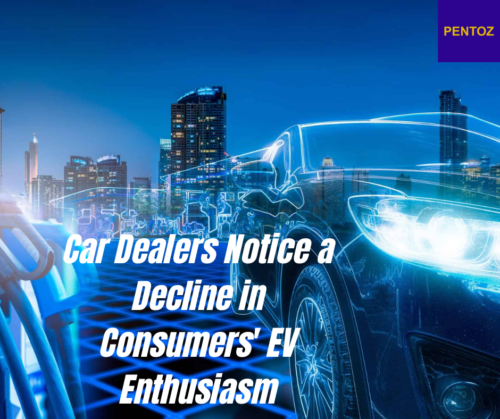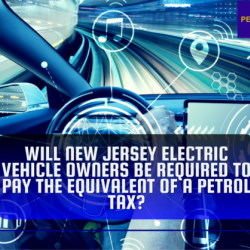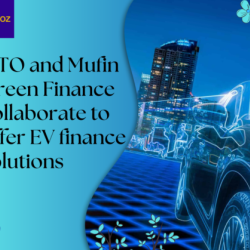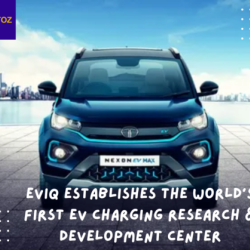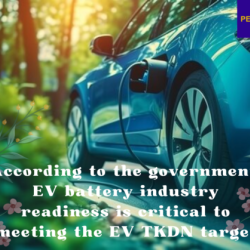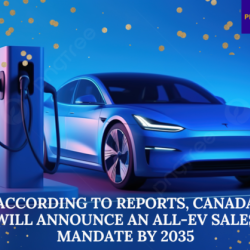It is said that electric vehicles are now difficult to sell at car dealerships around the nation.
According to The Wall Street Journal’s report on Sunday, December 10, which included dealer interviews, consumers are concerned about the cost, range, and dependability of these vehicles.
Paul LaRochelle, a vice president of the Washington, D.C.-area Sheehy Auto Stores, is one of them. He stated that when Ford first revealed its intentions to build an electric pickup truck, he was thrilled.
According to LaRochelle, “We thought we could build a million of them and sell them.”
In actuality, Sheehy has a one-month supply of gas-powered cars compared to a six-month to a year’s supply of electric vehicles (EVs).
According to the WSJ, automakers plan to release a large number of electric vehicles in the coming years, which has sellers wondering if their clientele is prepared to make the transition.
According to the research, EV sales have decreased this year despite a mix of rebates and lower-interest offers from automakers.
Dealer principal at Toyota of Greensboro in North Carolina, Mary Rice, told the Wall Street Journal, “I’m not hearing the consumer confidence in the technology.” “People aren’t pounding down the door to purchase these items, and each one of them has a different justification.”
The Wall Street Journal reports that dealers claim their clients raise concerns about electric vehicles (EVs) running out of battery power more quickly in colder climates or not being able to go as far on a single charge.
This customer anxiety is further compounded by the fact that there are now only 160,000 charging stations in the United States, and even fewer supercharging stations that offer a 30-minute top-up, as PYMNTS Karen Webster reported last week.
For most, a complete charge takes three or four hours. Furthermore, even if the Biden administration has stated that it will pay to build 500,000 stations, it is still less than the 700,000 required in the event that 40% of American automobiles are electric vehicles.
The U.S. lacks the density of fast charging stations that later adopters of EVs would need to give up gas, according to Webster. “The problem facing the EV ecosystem today is that there were not enough early adopters to create sufficient demand for suppliers of charging stations,” the author stated.
“And based on the enthusiasm of those early adopters, investors in EVs may have underestimated the importance of that and overestimated the willingness of consumers to overlook battery anxiety.”







